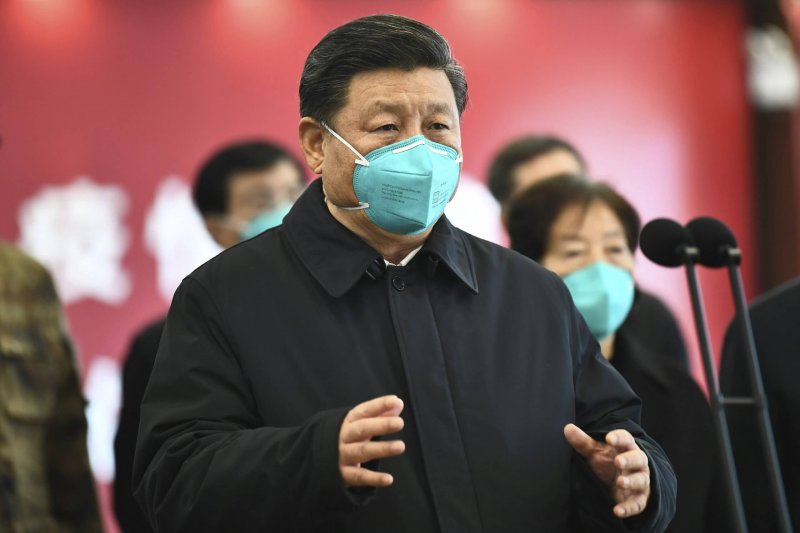The first alarm had actually sounded 25 days earlier, exactly a year ago, last Dec. 30. Even before then, Chinese doctors and scientists had been pushing for answers, yet officials in Wuhan and Beijing concealed the extent of infections or refused to act on warnings.
Politics stymied science, in a tension that would define the pandemic. China’s delayed initial response unleashed the virus on the world and foreshadowed battles between scientists and political leaders over transparency, public health and economics that would play out across continents.
This article — drawing on Chinese government documents, internal sources, interviews, research papers and books, including neglected or censored public accounts — examines those 25 days in China that changed the world.
Chinese scientists and private laboratories identified the coronavirus and mapped its genes weeks before Beijing acknowledged the severity of the problem. Scientists were talking to their peers, trying to raise alarms — and in some cases, they did, if at a price.
“We also spoke the truth,” said Prof. Zhang Yongzhen, a leading virologist in Shanghai. “But nobody listened to us, and that’s really tragic.”































